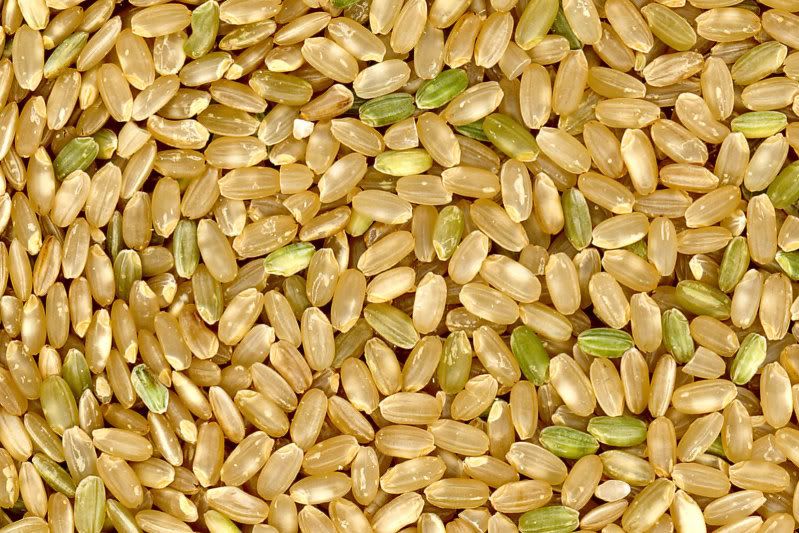 The widespread outbreak of avian influenza throughout East Asia in the past few years have raised concerns that such infections could lead to another pandemic in the near future.
The widespread outbreak of avian influenza throughout East Asia in the past few years have raised concerns that such infections could lead to another pandemic in the near future.
Current antiviral drugs are effective in controlling the virus, but some influenza virus is prone to mutate and develop resistance. Furthermore, the use of current antiviral drugs is limited by its supply and cost.
In the search of new antiviral drugs to treat influenza, some researchers are investigating drugs that have been used in Traditional Chinese Medicine (TCM).
The classical formula of Yin Qiao San (YQS) was first documented in the book “Wen Bing Tiao Bian (温病条辨),” which records the theoretical research on warm-heat disease. YQS consists of nine herbal components (Flos lonicerae (Jinyinhua), Fructus forsythiae (Lian Qiao), Fructus arctii (Niubangzi), Herba schizonepetae (Jingjie), Herba menthae (Bohe), Semen sojae praeparatum (Dandochi), Herba lophatheri (Zhuye), Rhizoma phragmitis (Lugen), and Radix glycyrrhizae (Gan cao)) and has been used in China for thousands of years to treat common cold, fever, coughing, and other respiratory diseases.
In the recent publication of KaoShiung J Med Sci, investigator Wang Xf demonstrated that Yingqiasn extracted in 50% ethanol was more effective than ribavrin in inhibiting influenza-A virus in infected embryonated hen eggs.
Even though the result is encouraging, it is still a study done in test tubes. Further clinical studies conducted in human are required to demonstrate the efficacy of Yin Qiao San.
Source: Kaoshiung J Med Sci 2010; 26:182-91
Please visit us at healthreason.com for more health related articles








